Mon-Fri
9AM - 7PM
Saturdays
9AM - 5PM
Sundays
10AM - 3PM
714 N Avalon Blvd, Wilmington, CA 90744, USA
Mon-Fri
9AM - 7PM
Saturdays
9AM - 5PM
Sundays
10AM - 3PM
714 N Avalon Blvd, Wilmington, CA 90744, USA
Laboratory tests are usually performed on urine, blood, or body tissue samples. Once the sample is extracted, lab tech or a doctor analyzes its results to see if it falls within normal health parameters. These tests are usually based on parameters because "normal" varies from one person to another. Past lab tests near me may also be completed right after the current test to see whether any changes call for concerns.
To check whether your health has undergone significant changes, laboratory tests are often done. These tests are some of the routine laboratory test checkups done to monitor your overall health. Doctors also use these tests to diagnose various medical conditions, track or monitor treatment progress, and try out treatments.
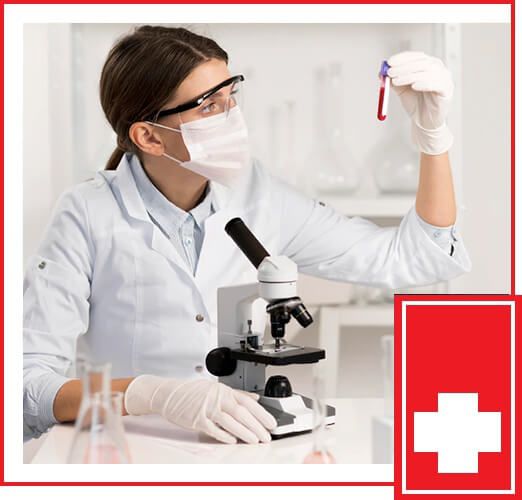
The doctor usually asks to go for a blood test near me for the following reasons:

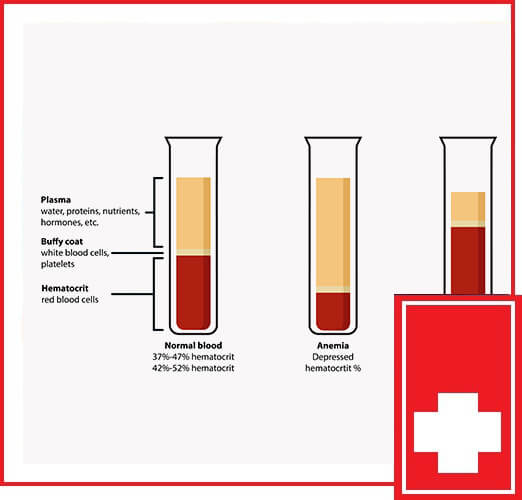
Once he receives the sample from your body, he will send it to the laboratory to undergo tests. In the labs, tests are performed on the sample to establish whether it contains various substances and their levels. The test will determine whether you have or you don't have a particular health condition. It will help the doctor know the absence, presence, or amount of an analyte. Changes in your health or medical requirements are sometimes seen by comparing current results with previous ones.
Lab tests are beneficial in many ways. Your primary health provider may require these types of tests for the following reasons:
Lab test diagnostics are also part of lab test benefits. An HPV test, for instance, is used to detect the presence of HPV infection.
To know if you have the risk factors of a particular disease, screening may be required. A lab test can also be used to establish whether you already have a sickness or not. That is especially important when you haven't developed any symptoms. A good example is the pap test, which is used to screen cervical cancer.
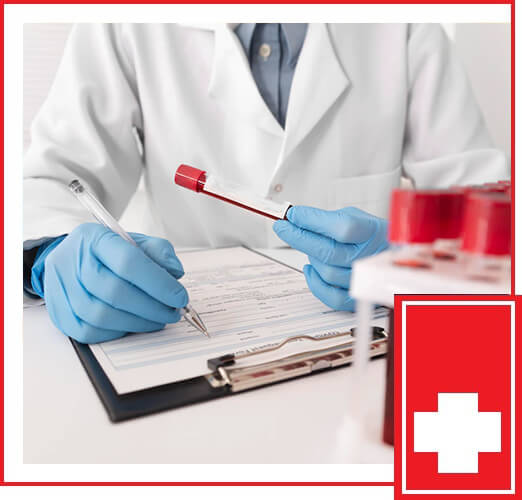
If you've already been diagnosed with a particular sickness, laboratory testing may be required to track whether the condition is worsening or getting better. These tests are done to show if treatments are working or not. For example, a lab test used to monitor diabetes treatment is called a blood glucose test. This kind of test is also used as a diagnostic lab test for the disease.
Most health routine checkups often include lab tests. Some of your organs have to be tested to find out they have undergone any changes over time. Some diseases don't show symptoms immediately. That is where lab tests come in handy because some of these tests can identify certain conditions before they develop symptoms. A test that measures various blood substances is a routine lab test called blood count. Such a test gives your primary doctor information about your health risk factors and overall health, and that allows them to seek immediate medical attention before it is too late.
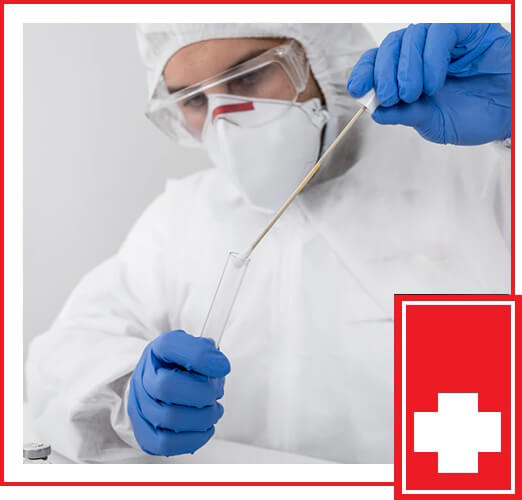
A reference range is a set of numbers that are usually given as lab test results. "Normal values" is another name for reference range. Your results may be provided as follows: "normal: 77-99mg/dL" (milligrams per deciliter). A group of healthy people forms reference ranges of expected test results. To know what a typical normal result looks like, you should look at the range. However, not everyone is distinct. Occasionally, a healthy person's results may fall outside the normal range, while someone with health issues may have lab test results that fall within the normal range. Additional tests may be necessary if your results fall within the normal range and you have symptoms or if you don't show any symptoms and your results are way outside the normal range. These are some of the terms used to describe your lab results:
The terms mentioned above are usually used in lab tests that rule out or diagnose diseases. On the other hand, results given in reference ranges are used when testing organs and other systems in the body.
Results from your lab test may be affected by several factors. These are some of them:
Chemical processes are used in clinical chemistry to check the tissue and fluid components in the body. Blood and urine are the two widely used specimens in clinical chemistry. When measuring chemical elements in the blood or urine, several lab tests can be used. Some of the components found in urine and blood include enzymes, electrolytes, hormones, blood glucose, lipids (fats), proteins, and other metabolic substances. Some of the commonly used tests in labs include:
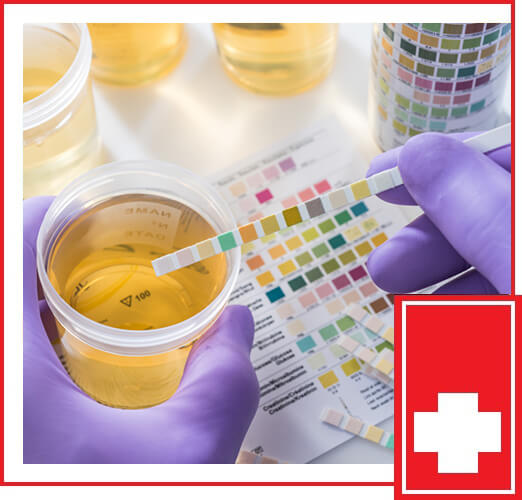
Urinalysis refers to a laboratory test where urine is evaluated for several chemicals and cells. These cells include chemicals with excessive protein, white blood cells, red blood cells, and infections. This kind of lab test checks the presence of drugs, protein, blood, and other substances by breaking down urine components. Hematuria or blood found in the urine can indicate an infection or other health issues, and it may also reveal a benign (noncancerous) condition. Cardiovascular or kidney problems may be identified by higher levels of protein in the urine (proteinuria).
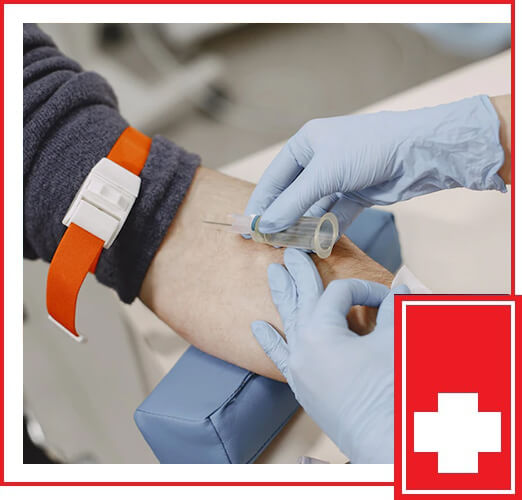
Performance of specific blood test near me can be included in your evaluation. These may consist of markers of inflammation, cell counts, and various blood chemistry measurements. Multiple things can be measured in the blood, such as blood cell counts, salts, heart-specific protein markers. Other laboratory tests may include genetic studies, liver, and kidney functions evaluation, and blood chemistries. Genetic testing may be suggested in some cases. Additionally, you may be asked to join ongoing studies by giving your urine and blood to be stored for future analysis.
| Antinuclear antibody | Blood chemistry study |
| Blood lipid profile | BNP testing |
| Complement | Complete blood count (CBC) |
| Creatinine | C-reactive protein (CRP) |
| Erythrocyte sedimentation rate (ESR) | Fecal occult blood test (FOBT) |
| Genetic studies | Hematocrit |
| Liver function tests | Peripheral blood smear |
| Rheumatoid factor (RF) | Sedimentation rate |


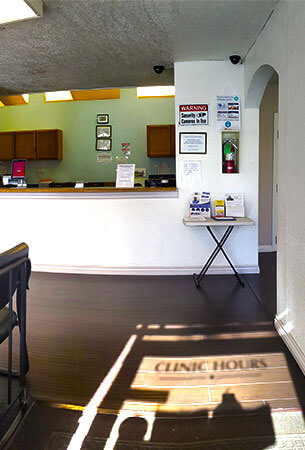
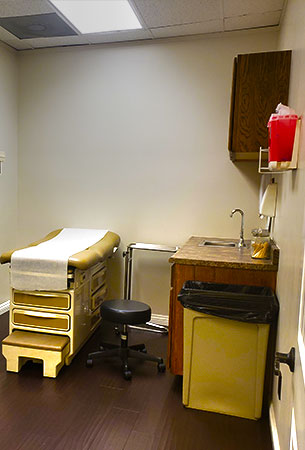
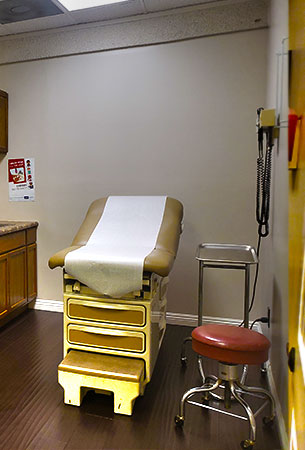
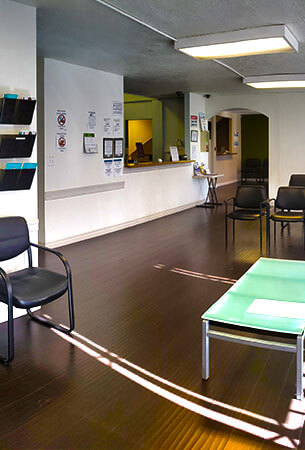
When offering tremendous and affordable treatment and healthcare services, urgent care clinics are the best. These types of medical and healthcare facilities offer more than just urgency when treating patients. Among the attributes that make urgent care clinics stand out are high-quality medical devices and quick response time when handling different health conditions. We don't discriminate when treating patients, unlike emergency rooms that only cater to life-threatening diseases and take a while to address them. Whether you require urgent treatment or come for a simple checkup, we handle all our clients on a walk-in basis. When accessing urgent professional health care services becomes hard, an urgent family clinic will simplify everything for you.
Laboratory test results are crucial and are used in many public health and clinical settings. The accuracy of these tests will determine the treatment and prevention of severe or mild health conditions. Failure to provide accurate reports and results may lead to poor patient outcomes, high cost of treatment, and even death!
To conduct a lab test, the provider will use a needle to draw out blood from the patient's vein in the arm or any other area of the body. The provider can also draw blood using a finger prick. You may be asked to make a fist or have the upper part of your arm tied up with an elastic band to allow veins to come up.
When you want to look at the big picture, you can't rely on a single blood test because most tests are not always 100% accurate. That is especially when the doctor wants to make a diagnosis. There have to be additional tests to be sure of the results. These may include blood tests, imaging tests, urine tests, and other special tests such as electroencephalogram (EEG) and electrocardiogram (EKG).
Most of the time, the provider conducting the blood test will draw blood using a syringe. You will only feel a slight scratching sensation or a prick when the needle goes into your vein, which means that you won't feel much pain. However, if you are not comfortable with needles, you can tell your provider so that he can be more gentle when drawing out blood.
Unfortunately, millions of mistakes occur in different labs every year, giving out wrong lab test results. Lowering the risk of a misdiagnosis requires a proactive approach. Annually, about 7 to 10 million patients receive inaccurate blood test results. The number of labs that conduct high complexity tests is estimated to be 35,000 in America.
It is recommended that you drink enough fluids the day before you take a blood test and afterward. Drink just enough fluids, and don't overdo it. Adults should drink about 64 ounces of water per day to maintain good health, and this amount is enough if you want to get a blood test done.
Wilmington Urgent Family Clinic is a medical and health care provider located in Wilmington City, California. The facility provides high-quality, affordable, and quick response health and medical care services. Our services are offered with the patient's well-being in mind, which means we are compassionate towards all our patients regardless of what their health conditions are. At Wilmington Urgent Family Clinic, we know how much it means to have good health, and that is why we provide undivided attention while treating all our patients.
Unlike other health and medical facilities that drag their services, our urgent care services provide fast response regardless of your medical needs. We have extended our working hours so that all patients who walk in receive all the care they need, including treatment. What helps us to provide fast and high-quality medical services are the cutting-edge technologies applied in our diagnosis and treatment. You don't need to schedule an appointment, walk in and receive affordable health care services.
Being a walk-in urgent care clinic, Wilmington urgent care also provides high-quality and convenient physical examinations to various clients in Wilmington. If your doctor requests you to do several laboratory tests, search for a Lab test near me in Google's search engine, and you will get all the information you want about our laboratory test services. Wilmington Urgent Family Clinic is well-equipped to treat various health concerns, and our professional and experienced staff is always ready to assist you in any way possible.
Clinics that are under Wilmington urgent care clinic provide convenience when it comes to time-sensitive diagnostic testing. With our on-site medical laboratory, all our patients who come for laboratory testing receive their results quickly without waiting long. Within an hour, you will get your lab test results. Visit Wilmington Urgent care today for fast medical test results in Southern California.

No more waiting for long hours in emergency rooms when you have Wilmington Urgent Care. Fix your appointment today and get attended right away.